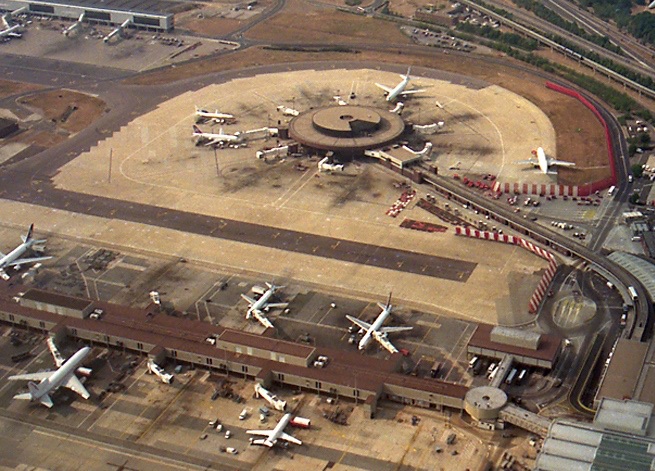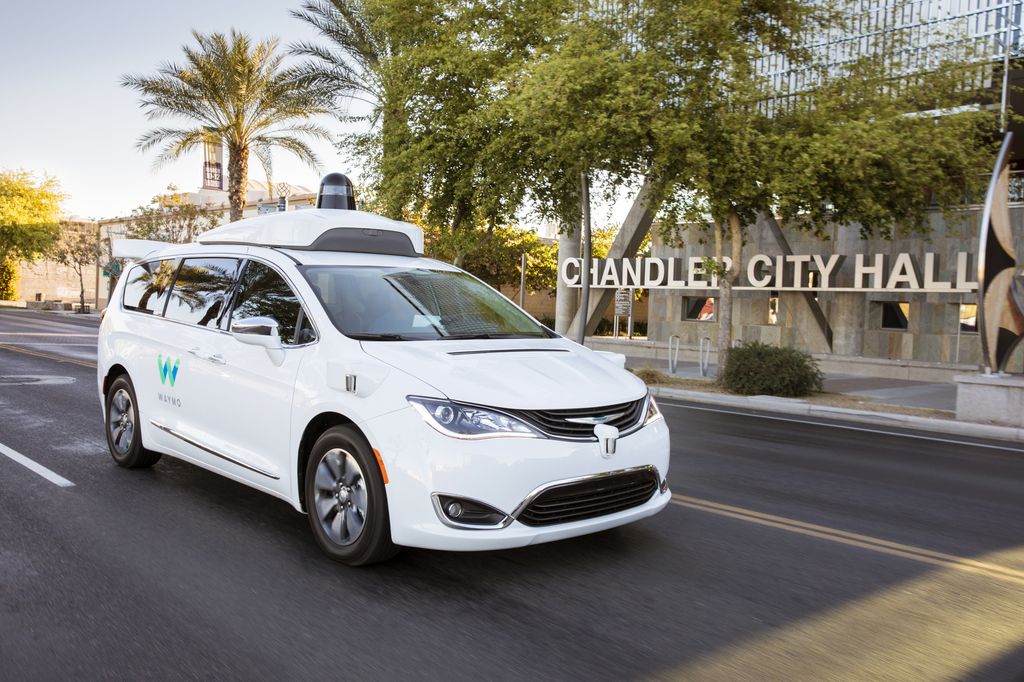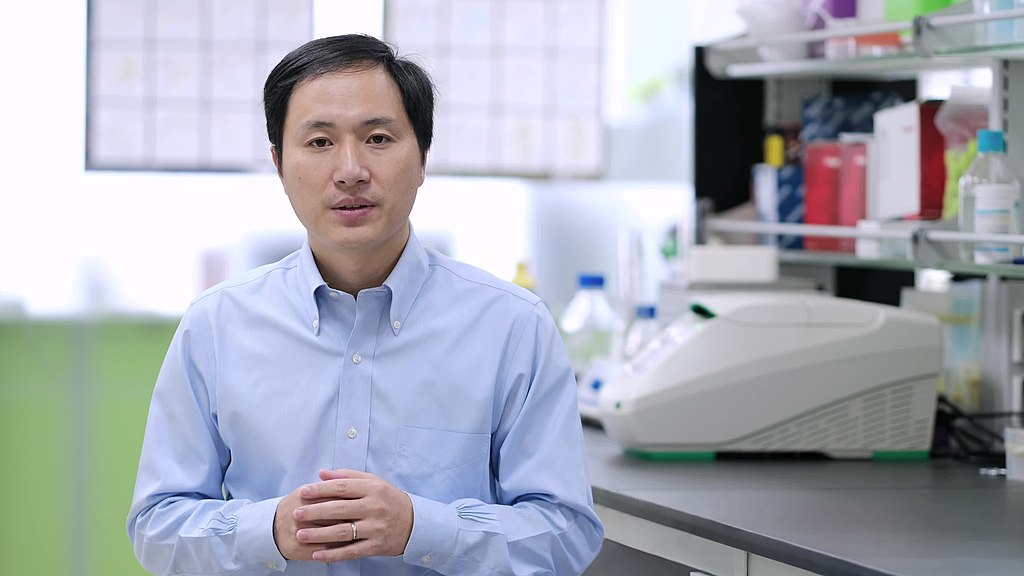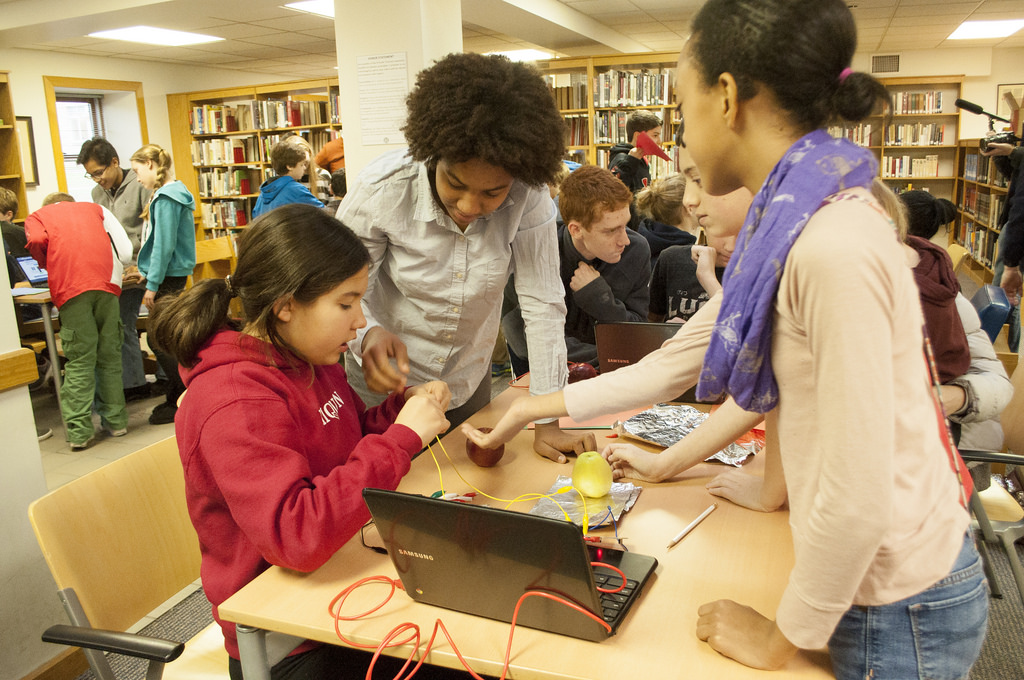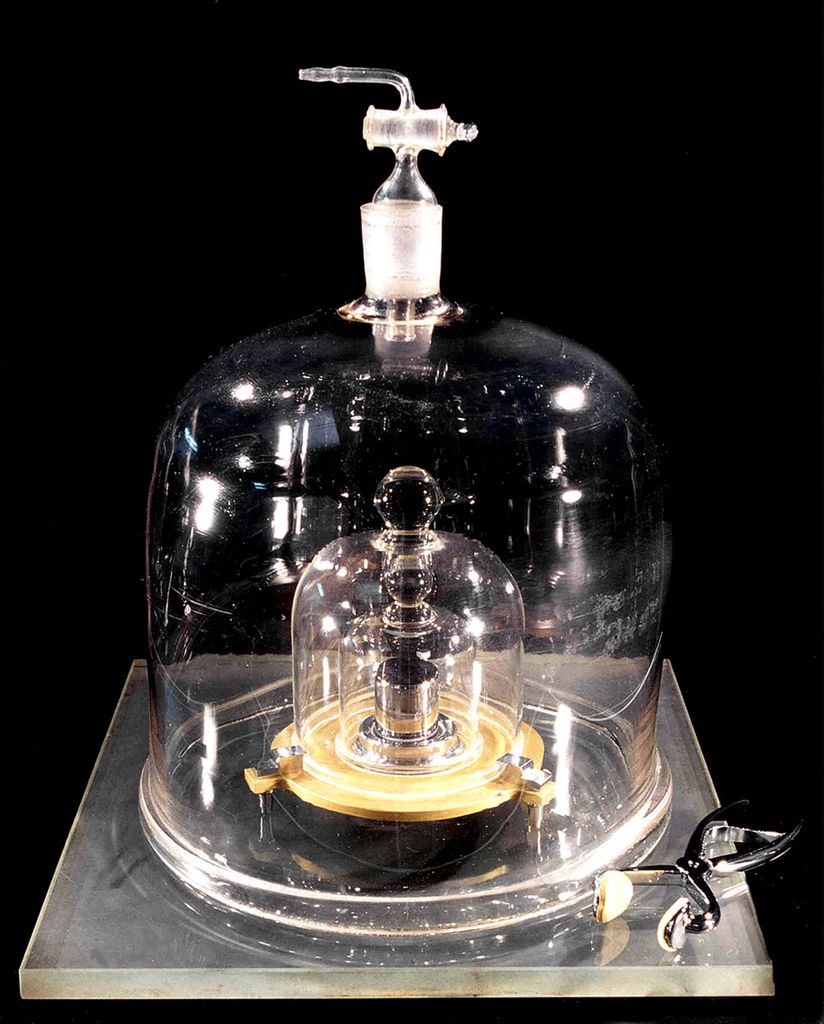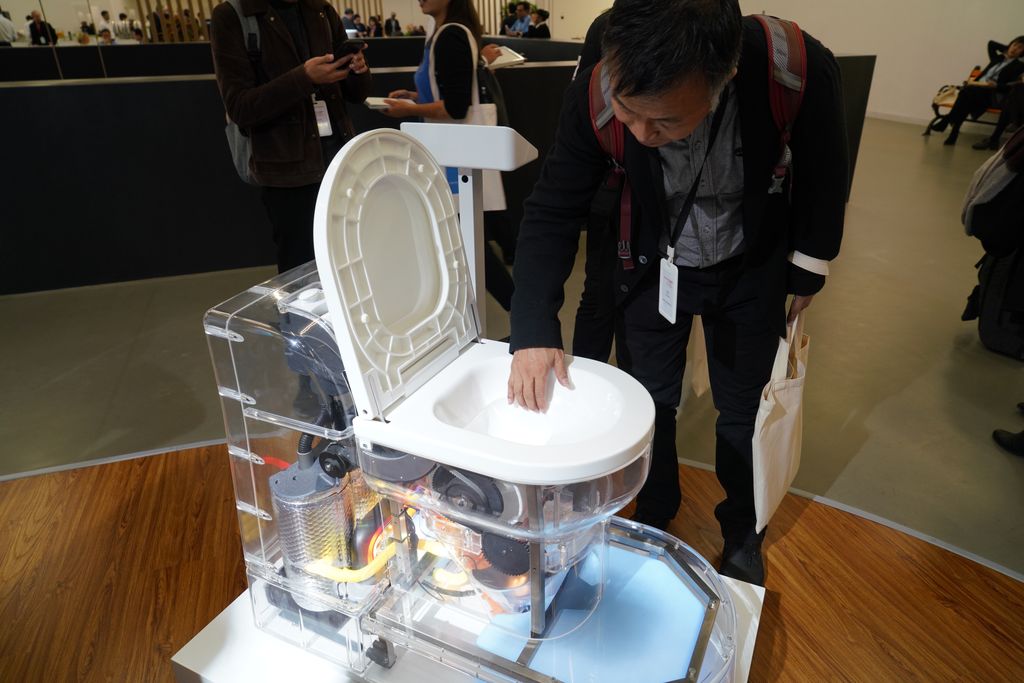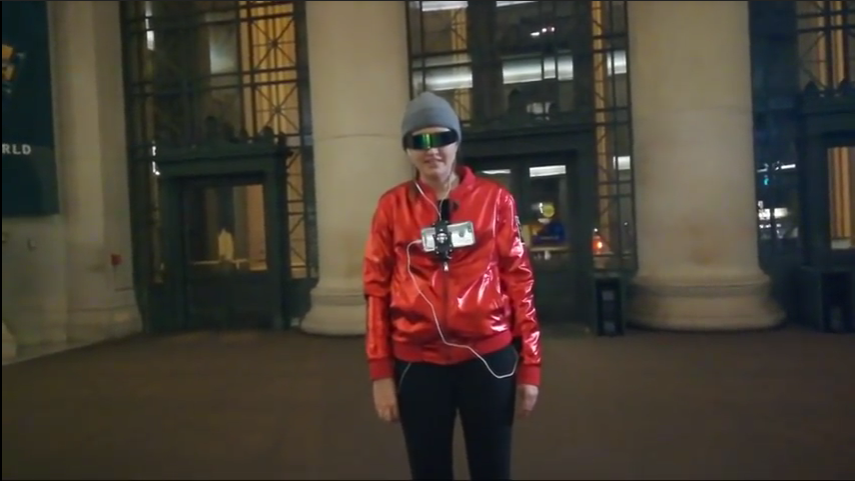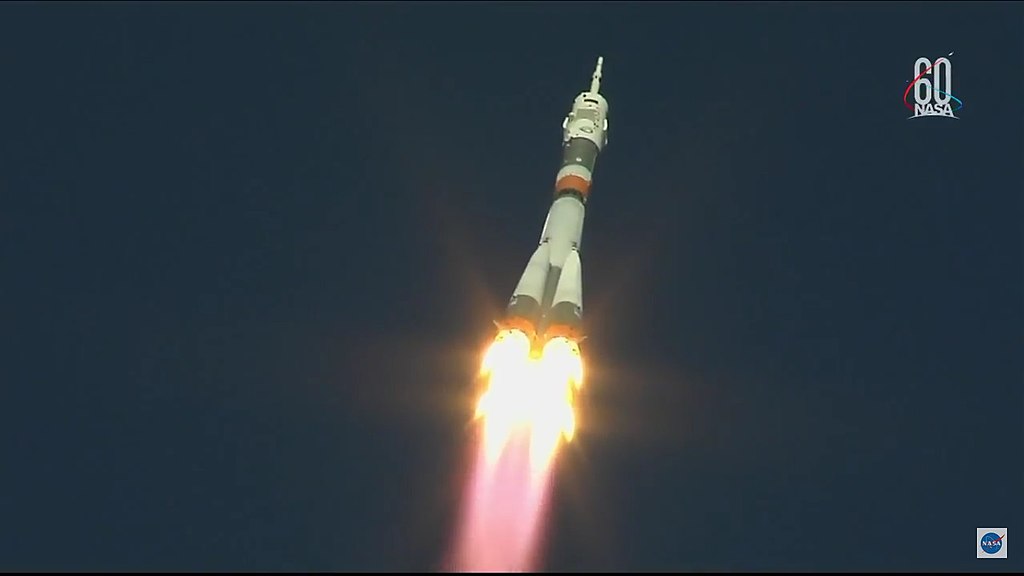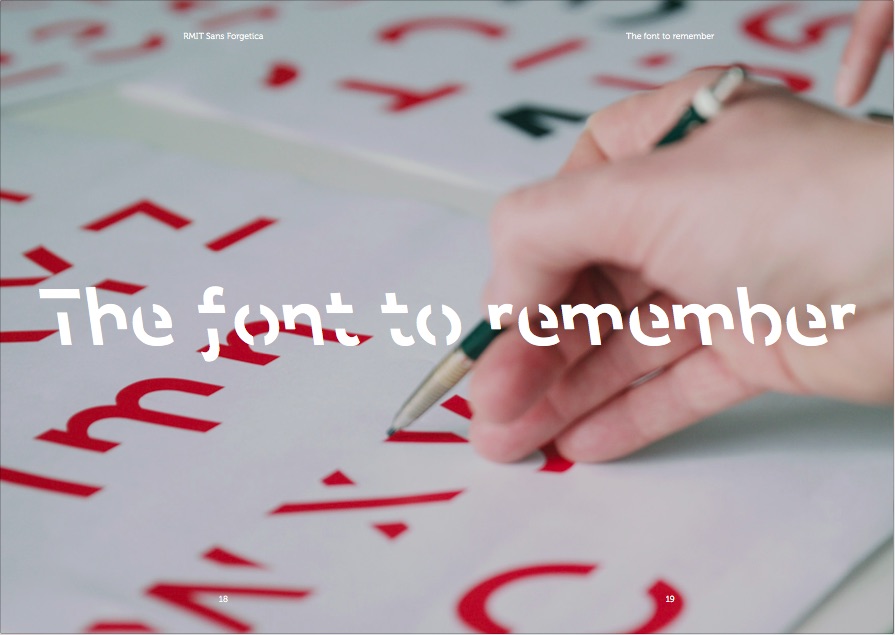Britain's second largest airport has been shut down for around 36 hours by drones flying near and over the airport. Flights have started again, but the drones have not been found.
Published in “Technology”
Waymo, a company that is working to create self-driving cars, began an important new step last Wednesday - a self-driving taxi service. The service is very limited now, but could soon expand.
A Chinese scientist says he has edited the DNA of twin baby girls. If true, the news is a worrying change from the way scientists usually work with DNA.
This week is Computer Science Education Week. During the week, students around the world will be taking part in an "Hour of Code" and learning a little about programming computers.
A news company run by the government of China showed off a new tool earlier this month - a computer-created TV host to read the news on TV.
For over 200 years, the world has weighed things in kilograms. And for around 130 years, the weight of a kilogram has been based on one piece of metal. That is about to change.
Bill Gates is one of the world's richest men. He and his company, Microsoft, helped make computers cheap and popular. So what's he interested in now? Toilets.
Would you pay thousands of dollars for a painting with a face so blurry you're not sure it's a face? Or a picture by an unknown artist? What if the artist was a computer?
On October 31, Halloween night, the Massachusetts Institute of Technology (MIT) began an unusual experiment. They let the "Internet" control the actions of a real person.
On Thursday a rocket carrying two astronauts to the International Space Station had a major problem two minutes after launching. The astronauts returned to Earth safely in an emergency landing.
If you have trouble remembering things you read, scientists at RMIT Institute in Australia have come up with a font that can help you remember - by making words harder to read.

